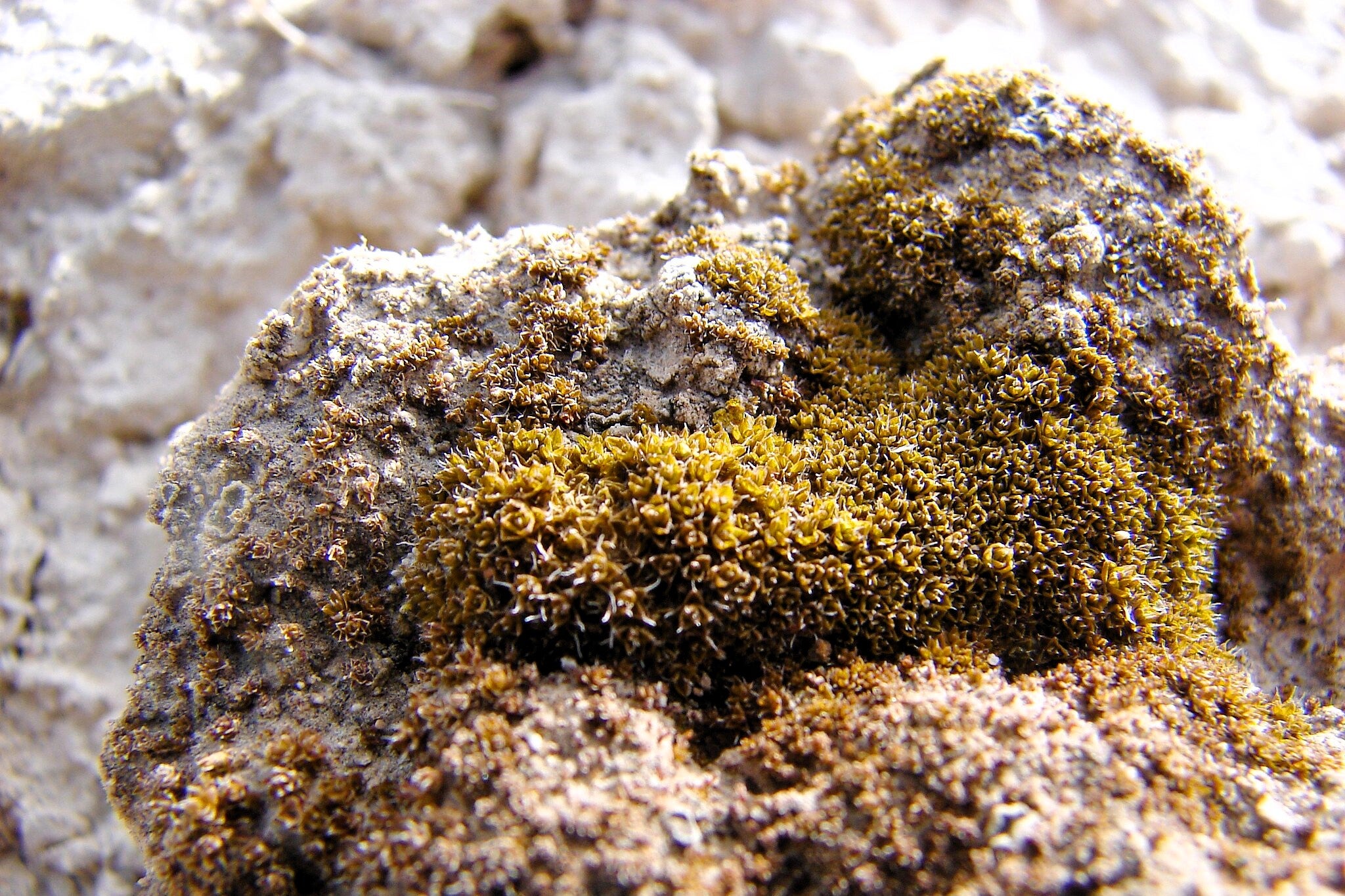Scientists discover moss can grow on Mars
Desert plant offers big boost for making Red Planet habitable

Scientists have discovered that a type of desert moss found in Antarctica can survive the extreme conditions of Mars, making it a promising candidate for colonising the planet.
The moss, Syntrichia caninervis, was already known to be able to withstand drought conditions, but tests by researchers at the Chinese Academy of Sciences revealed that it can also tolerate temperatures as low as -196°C and similar levels of gamma radiation to that found on the Martian surface.
“Our study shows that the environmental resilience of Syntrichia caninervis is superior to that of some of the highly stress-tolerant microorganisms and tardigrades,” the researchers wrote.
“Syntrichia caninervis is a promising candidate pioneer plant for colonising extraterrestrial environments, laying the foundation for building biologically sustainable human habitats beyond Earth.”
Efforts are already underway to establish a permanent human colony on Mars, with Elon Musk establishing SpaceX in 2002 with the explicit intention of sending people to the Red Planet.
The billionaire hopes to set up a self-sustaining colony before 2050, however recent studies have cast doubt on whether such an endeavour is even possible.
Last months, scientists found that long-duration space travel can have a severely detrimental impact on the structure of astronauts’ kidneys.
With a one-way trip to Mars taking around nine months, according to Nasa, astronauts could be forced to use dialysis machines while travelling to and from the planet.
Once there, other issues like increased space radiation, decreased gravity, and a relative lack of food and water could all make living there long term a major challenge. Being able to grow plant life could overcome at least one of these barriers.
“Although there is still a long way to go to create self-sufficient habitats on other planets, we demonstrated the great potential of Syntrichia caninervis as a pioneer plant for growth on Mars,” the researchers wrote.
“Looking to the future, we expect that this promising moss could be brought to Mars or the Moon to further test the possibility of plant colonisation and growth in outer space.”
The research was published in the journal The Innovation on 30 June under the title ‘The extremotolerant desert moss Syntrichia caninervis is a promising pioneer plant for colonising extraterrestrial environments’.
Subscribe to Independent Premium to bookmark this article
Want to bookmark your favourite articles and stories to read or reference later? Start your Independent Premium subscription today.

Join our commenting forum
Join thought-provoking conversations, follow other Independent readers and see their replies
Comments